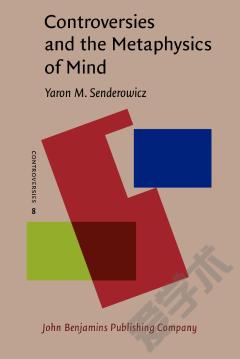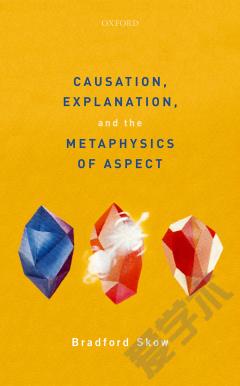Postmetaphysical Thinking —— Between Metaphysics and the Critique of Reason
----- 后形而上学的思维
In this new collection of recent essays, Habermas takes up and pursues the line of analysis begun in The Philosophical Discourse of Modernity. He begins by outlining the sources and central themes of twentieth-century philosophy, and the range of current debates. He then examines a number of key contributions to these debates, from the pragmatic philosophies of Mead, Perice and Rorty to the post-structuralism of Foucault. Like most contemporary thinkers, Habermas is critical of the Western metaphysical tradition and its exaggerated conception of reason. But he cautions against the temptation to relinquish this conception altogether. In opposition to the radical critics of Western philosophy, Habermas argues that postmetaphysical thinking can remain critical only if it preserves the idea of reason while stripping it of its metaphysical trappings. Habermas contributes to this task by developing further his distinctive approach to problems of meaning, rationality and subjectivity. This book will be of particular interest to students of philosophy, sociology and social and political theory, and it will be essential reading for anyone interested in the continuing development of Habermas's project.
{{comment.content}}








 京公网安备 11010802027623号
京公网安备 11010802027623号